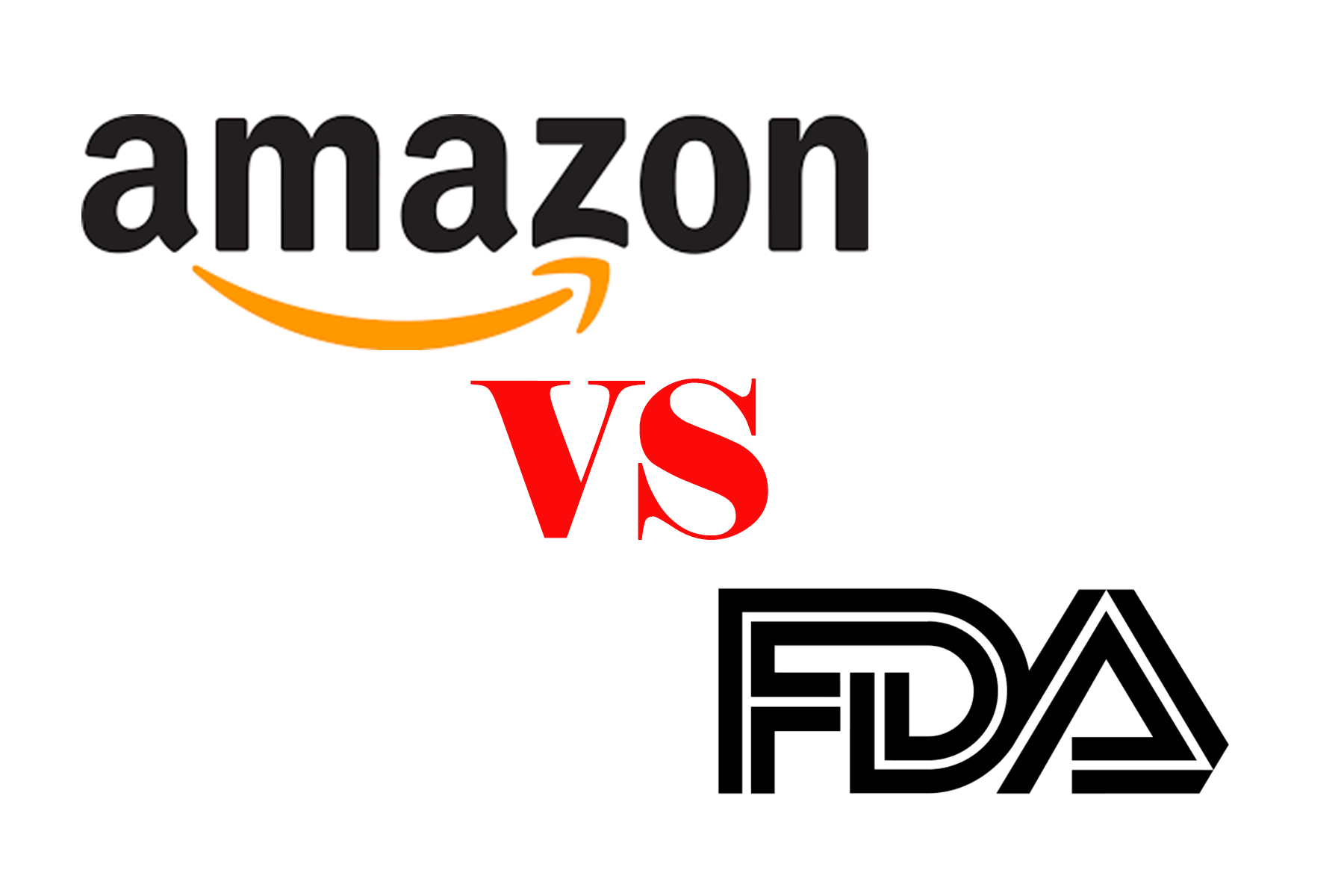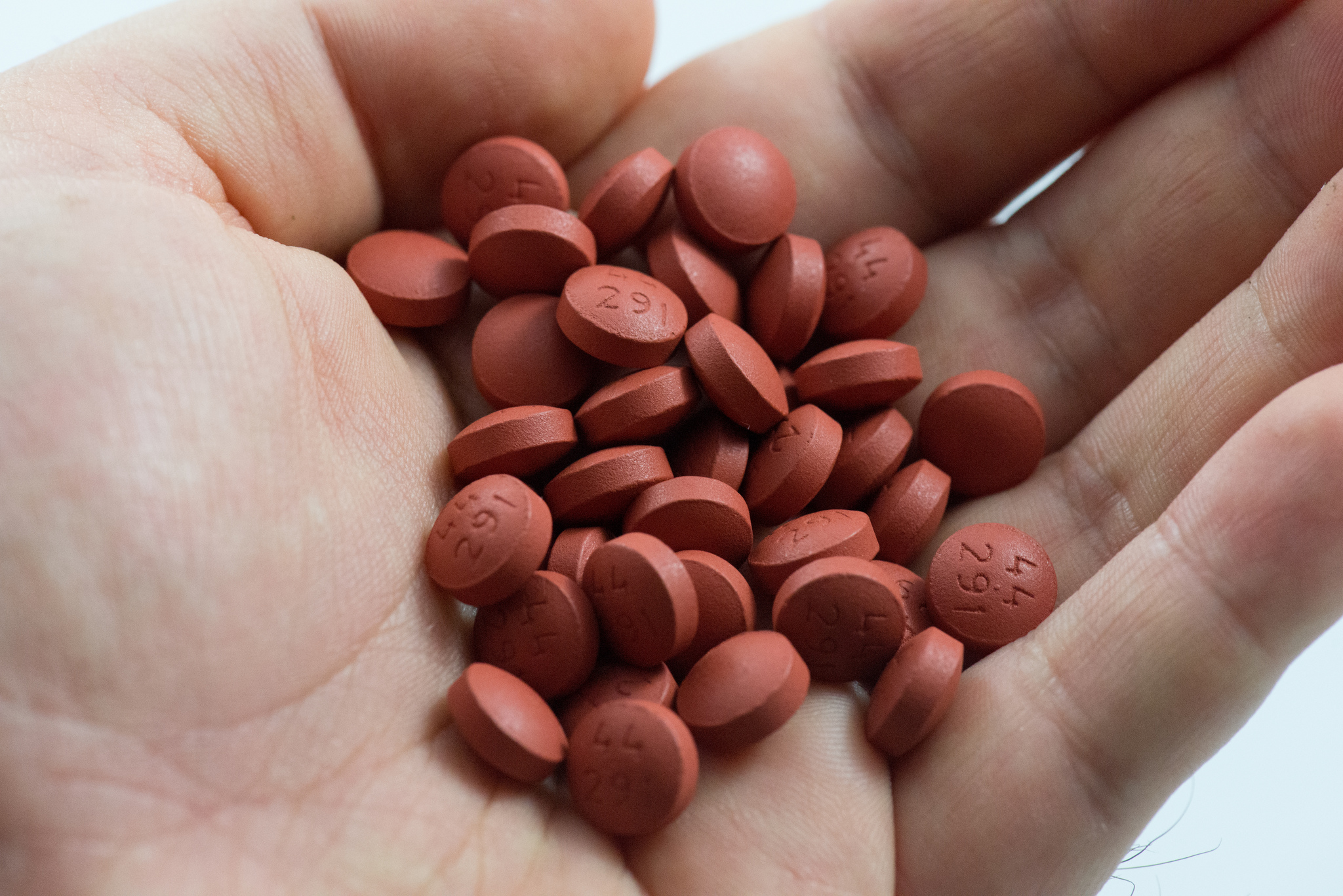Amazon’s plans to sell pharmaceuticals in bulk to hospitals have been put on hold for now, according to reports from CNBC. The e-commerce giant’s Amazon Business unit has faced a number of setbacks in their push to enter the medical supply space, including shortage of contracts with large hospital systems in the US, and their lack of a cold chain able to ensure the integrity of temperature-sensitive drugs throughout the supply chain.
The news of Amazon’s temporary retreat from the medical supply game is good news for pharmacies and drug distributers such as CVS, Walgreens, McKesson and Cardinal Health, who could face major competition if the online retailer were able to scale-up their healthcare operation. Despite securing licenses to sell medical products and pharmaceuticals in 47 of the 50 US states, including the District of Columbia, Amazon has found it hard to establish contracts with hospitals who remain loyal to their long-time medical distributers.
“The hospital and healthcare systems have entangling alliances with their existing purchasing and supply chain partners,” Tom Cassels, head of strategy and business development at Leidos Health, told CNBC. “It’s very difficult to replicate the Amazon buying experience in healthcare.”
While Amazon continues to sell low-risk medical devices such as bandages, glucometers and stethoscopes, their main customer base is likely to remain with small medical practices. In addition to being loyal to well-established medical supply companies, larger hospital systems are able to negotiate deeper discounts on drugs and devices through the use of group purchasing organizations. Independent primary care centers and dental offices often don’t have the same negotiating power, leading them to chose Amazon for easy ordering of medical supplies.
“Amazon Business serves healthcare customers of all sizes, from large IDNs [integrated delivery networks, meaning systems that provide both medical services and a health insurance plan to patients] to small- and medium-sized community hospitals,” an Amazon spokesperson told CNBC. “We also serve customers from physician and dental offices to senior living and long-term care facilities.”
RELATED WEBINAR: Cold Chain Logistics for Precision Medicine: Anticipating Future Regulatory Requirements
Another issue with Amazon’s medical supply business is that it currently does not provide high-risk devices – including breast implants and pacemakers – to hospitals and clinics. Since this sets them apart from other medical supply companies, hospital systems seem to prefer working with their current supplier to have access to a wider range of products.
While Amazon is undoubtedly a master of logistics, their supply chain will need a revamp if it ever hopes to sell hospitals temperature-sensitive drugs. Other drug suppliers specialize in cold chain technologies which ensure biologics, like vaccines and insulin, retain their stability from the warehouse to the hospital. CVS has a list of 50 of the most common drugs that must remain at cold temperatures, all of which are off-limits to Amazon until it invests in its own cold chain.
“You can’t use FedEx or UPS trucks for delivery of these products,” said a seller of a healthcare product on Amazon, who declined to be identified by CNBC. “It would be a massive undertaking [to build the infrastructure].”
However, rumors that Amazon plans to eventually enter the direct-to-consumer pharmaceutical sales space continue to concern pharmacies and others in the industry. The e-commerce giant is already selling private label over-the-counter (OTC) medications to consumers.
“As we’ve developed Amazon Business, we’ve used our working-backwards methodology for consumers and applied it to the needs of business customers and sellers,” said the Amazon spokesperson. “One of the ways we do this is convening advisory boards from across the industry to give us feedback so we can continue innovating on behalf of customers.”










Join or login to leave a comment
JOIN LOGIN